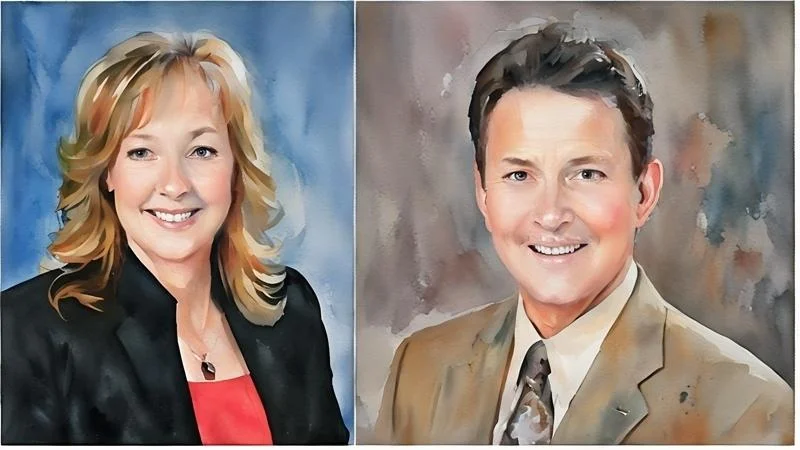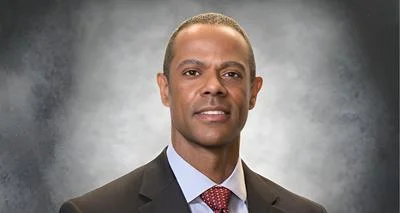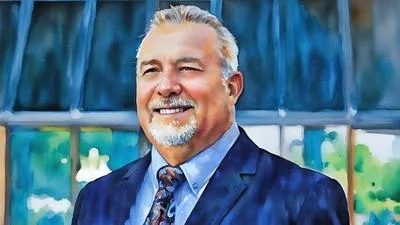Public safety is at the center of Albuquerque’s coming mayoral election, with residents weighing concerns about violent and property crime, police staffing, and the fate of small businesses. Carla and Larry Sontag say that leadership, enforcement, and basic accountability will decide whether the city turns a corner or keeps slipping.
Carla Sonntag serves as CEO and president of the New Mexico Business Coalition and Better Together New Mexico; Larry Sontag, her husband, is a former Albuquerque police officer who now serves as chief of staff for both organizations. Native New Mexicans, they describe launching their coalition 16 years ago to fight for “better business policy,” pledging to stay nonpartisan and to operate without government money. Larry served 20 years with APD after military service in Germany, worked in recruiting and selection, and recalls the pride he and colleagues felt in a department that once “is the best in the state and the best in the nation.”
They say members feel the squeeze of unchecked disorder and slow or nonexistent response. “We have many” businesses affected by crime, Carla says. “We lose several members who leave the state because of it.” She adds that owners “spend so much on cleaning up debris” from encampments, face broken windows and fires, and then hit deductibles or insurer fatigue. “They’re getting caught from every side… It’s a lot easier to go someplace else where there is good protection, good support for business.”
Larry ties the climate to policy and morale. “Hampered is a nice way of putting it,” he says of recent years. He points to a directive environment where officers feel deprived of discretion on lower-level offenses. “If you don’t address traffic, shoplifting, and other smaller crimes, that tells the criminal element there’s no accountability.” He calls it “ridiculous” to treat serious crimes in isolation. “Officers need the discretion to make arrests… They need to understand there are accountability measures for committing small crimes.”
Staffing remains essential, according to them. Larry recalls tracking headcounts decades ago. “At that time, we had just under 900 police officers. That was 30 years ago.” Today’s city has grown, he says, yet at times “you hear that there might be 250 uniformed officers taking calls for service. That’s outrageous.” He endorses surging visible patrols by pulling trained detectives and non-uniform personnel onto the street periodically. “You immediately expand the visibility of the workforce you have while you grow the numbers.”
Carla rejects excuses tied to past federal oversight or the pandemic. “He’s had eight years to accomplish what he defined that he would accomplish, and he has not,” she says of the incumbent. “It’s time for new leadership in Albuquerque.” She frames the issue as enforcement first. “When Albuquerque was safer, we had the same laws we have now. The difference was they were enforced… We don’t have to create new rules and convene new groups. We need to go back to the basics and enforce the laws on the books.”
Homelessness and encampments are a safety concern, according to them. “A lot of the people living on our streets are not from New Mexico. They come here because they’re taken care of,” Carla says. “You can beautify parks all you want, but a parent who loves their child is not going to take them there when it’s not safe.” She argues that millions spent on facilities do not yield usage or relief. “We have this continual problem of putting more money into failed policies.”
Voters, they say, must set expectations and demand outcomes. “We deserve better,” Larry says. “If you’re hiring a CEO to run a major metropolitan city, putting somebody back into a position where they are not successful for seven going on eight years just doesn’t make sense.” Carla urges turnout in a likely two-round contest. “More importantly than anything, they’ve got to go vote… It doesn’t matter what party they’re with; it matters what their experience is and what they’re going to do for us.”









